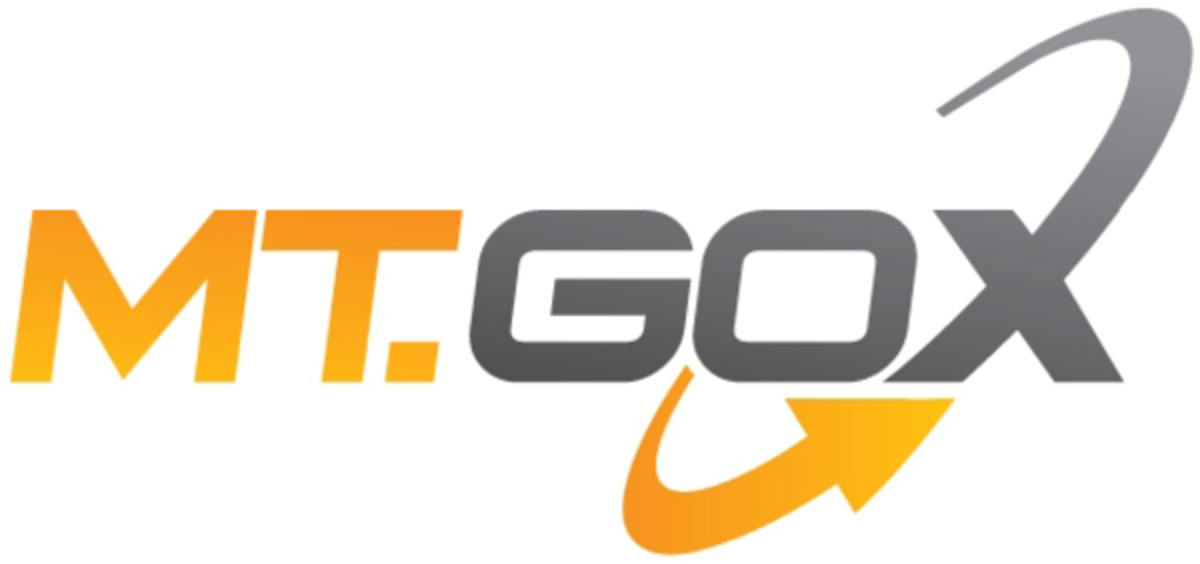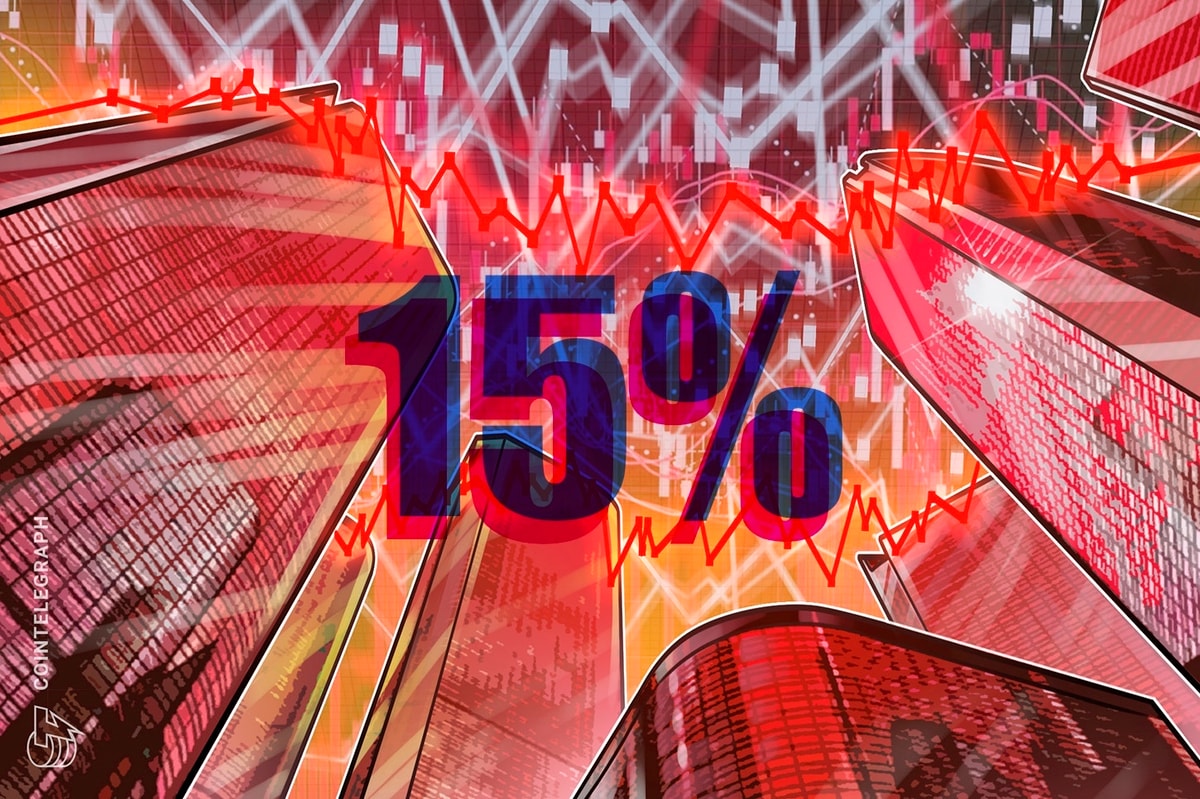
MtGox has suffered considerably over the past two months. All within the relatively short period of April and May 2013, we have seen the following:
- During the Bitcoin crash of April 10-12, MtGox saw its trading engine lag increase to over 70 minutes, and for over ten hours the exchange was almost entirely inaccessible. MtGox’s response was mixed; at first, they committed what may go down as one of the major public relations disasters in Bitcoin history, telling angry customers that they were “victims of our own success!” and gloating about their high trade volume. Then, however, the exchange did take significant steps to improve its transparency.
- On April 17, MtGox took away the ability to place orders without having the underlying funds already in one’s account. Such a feature may seem counterproductive, but it is very useful for traders who, for example, wish to place a buy order at $120 and a sell order at $140 in order to profit on, and simultaneously help relieve, price volatility. It was also essentially the only advantage that MtGox’s actual trading system had over its major competitors.
- On May 2, MtGox’s partner Coinlab sued them for failing to follow through on their agreement to transfer control over US operations to Coinlab and (whether or not the agreement actually requires this next part is not entirely clear) cease operations in the US themselves. The amount claimed: $75 million.
- On May 16, MtGox lost their Dwolla account due to a failure to take even the simple step of registering as a money services business with FINCEN. It was also uncovered that the company may have knowingly made false statements on their bank application in 2011; most believe that it is as a result of this that MtGox CEO Mark Karpeles was forced to cancel his trip to the Bitcoin Conference in San Jose.
- On May 25, MtGox lost a second deposit and withdrawal partner, Liberty Reserve.
- On May 27, MtGox lost a third partner, OKPay.
Tough luck even for such a juggernaut as MtGox. However, even at the middle of the month it appeared as though MtGox was breezing through its difficulties; by May 16, its share of the past 30 days’ volume nevertheless remained at over 75. But since that day, MtGox’s fortunes have taken a darker turn.
This chart shows the trade volume of MtGox and BitStamp, now the second most popular exchange in the world:
BitStamp has grown slightly over the period, but what we can clearly see is that volume on MtGox has decreased by a large amount. A large portion of this is undoubtedly market conditions; low volume is characteristic of price stability. However, the increased difficulty of dealing with MtGox following its banking and regulatory debacles also played a part; it is the reason why the Bitcoin price on MtGox is now 2-3 higher than on BitStamp and other exchanges – it’s not that BTC is more expensive in one place than another, it’s that people no longer treat 1 MtGox USD as being actually necessarily worth 1 USD. This is a pretty serious loss of trust; in similar cases in history involving governments and banks, once the ball starts rolling in such a crisis of confidence it is very difficult to get it to stop.
Another, more telling, way of looking at the trend is through the graph of BitStamp trade as a percentage of that on MtGox:
On some days, BitStamp is now as much as half as large as its competitor. Many people have been talking about replacing MtGox since 2011, and for a time there was some hope in 2012, but now, taking together the fact of MtGox’s recent misfortunes and the evidence of Bitcoin’s rapid growth in the past two weeks, it appears that it’s actually happening. The long stalemate of late 2012-2013, where BitStamp, BTC-E and to a lesser extent BTCChina all had about 10 of MtGox’s volume for many months, is finally broken, with BitStamp surging clearly ahead.
From here, things can happen quickly. Much of MtGox’s volume is through a small number of what are essentially resellers; an entire one third, for example, belongs to BitInstant. These companies can switch to using BitStamp, or Tradehill, at a moment’s notice – BitInstant is even close to having the needed money transmitter licenses to become a Bitcoin exchange in their own right (although they may not want to do that for technical reasons). Also, users follow liquidity, and liquidity follows users, creating a vicious (or virtuous) cycle that may reverse the current MtGox near-monopoly far faster than a monopoly can fall almost anywhere else; for many users, switching costs between the various exchanges are essentially zero. My warning to BitStamp: you may now be on the cusp of not just growing to be an equal competitor to MtGox, but taking over first place outright. Get better servers, get better lawyers, and double or triple your support and compliance staff now; do not follow the mistakes of Coinbase and MtGox and let trading outages or month-long verification queues tarnish your path to greatness.










